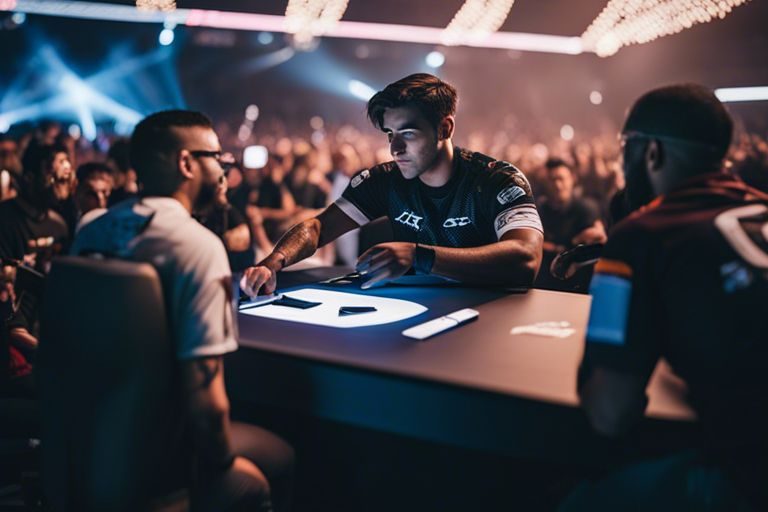It’s necessary for professional esports players to have a clear understanding of their player contracts to navigate the complex world of competitive gaming successfully. These contracts serve as legally binding agreements between players and esports organizations, outlining the rights and responsibilities of both parties.
When a player signs a contract with an esports organization, they are necessaryly agreeing to certain terms and conditions that will govern their relationship with the team. These contracts typically cover important aspects such as compensation, sponsorship deals, streaming rights, tournament participation, and team obligations.
One of the key components of an esports player contract is the compensation structure. Players are usually paid a base salary, which may be supplemented by bonuses for winning tournaments or achieving specific milestones. The contract will also outline how revenue from sponsorships, endorsements, and merchandise sales will be shared between the player and the organization.
Another crucial element of player contracts in the world of esports is the allocation of streaming rights. Many players earn additional income by live-streaming their gameplay on platforms such as Twitch or YouTube. The contract will specify whether the player is allowed to stream independently or if they are required to stream exclusively on the team’s designated channels.
Tournament participation is another important aspect that is addressed in esports player contracts. Teams often have strict schedules and expectations regarding which tournaments players are required to compete in. These agreements may also cover issues such as travel arrangements, accommodation, and prize money distribution.
Team obligations are also a significant part of esports player contracts. Players are typically expected to represent their teams professionally both in and out of the game. This includes adhering to a code of conduct, attending team events, and promoting the organization through social media and other channels.
It’s important for players to carefully review and negotiate their esports player contracts to ensure that they are fair and favorable. Players should seek legal advice if needed to fully understand the terms and implications of the contract. Additionally, players should pay attention to details such as contract length, termination clauses, and non-compete agreements.
In the end, player contracts play a critical role in the world of competitive gaming, providing a framework for the relationship between players and esports organizations. By understanding the terms and conditions of their contracts, players can protect their rights, maximize their earning potential, and enjoy a successful career in the exciting world of esports.




